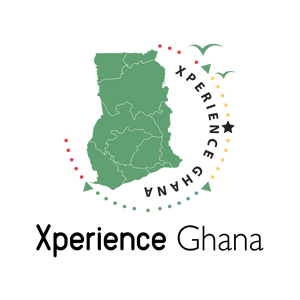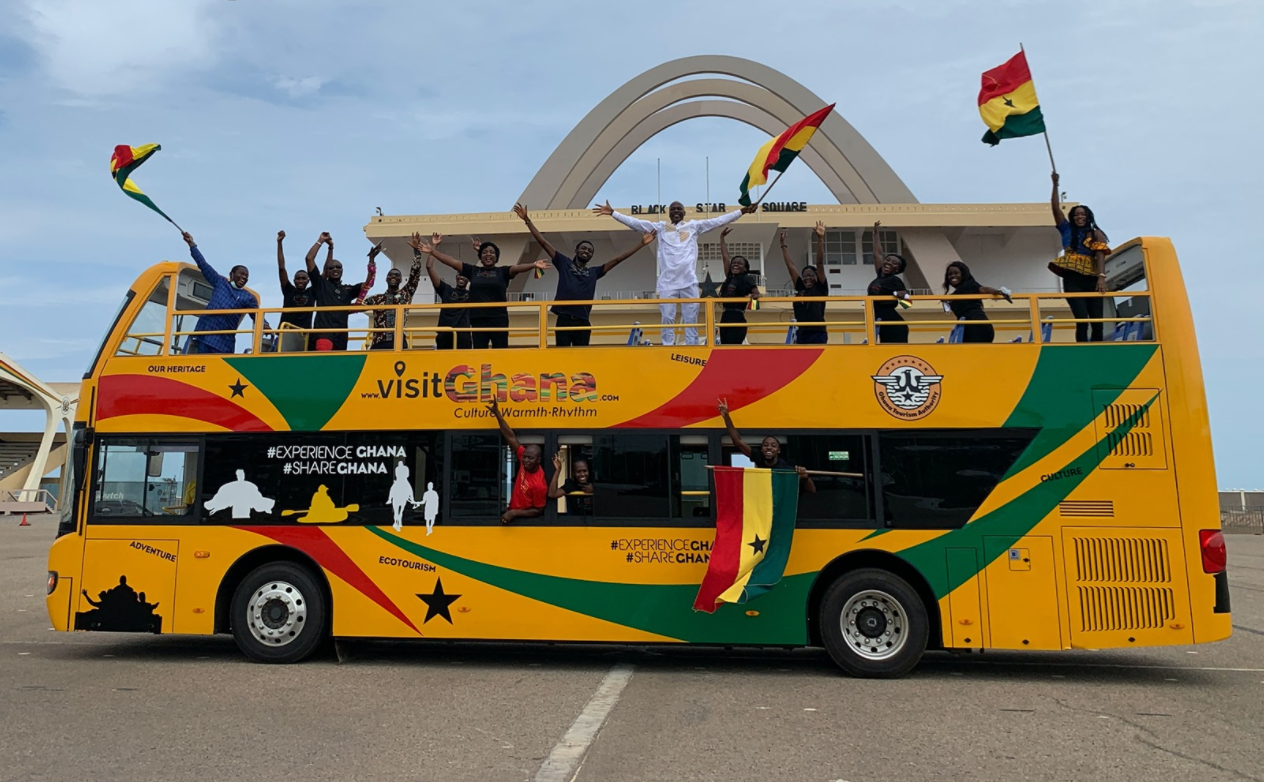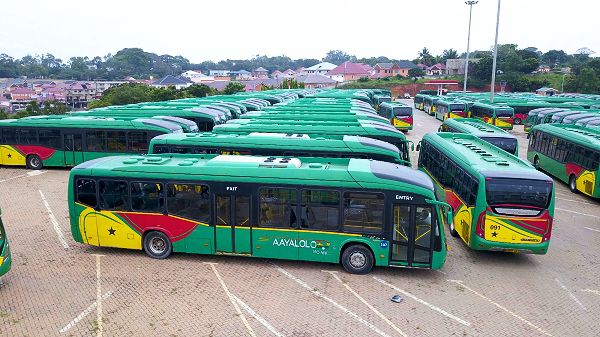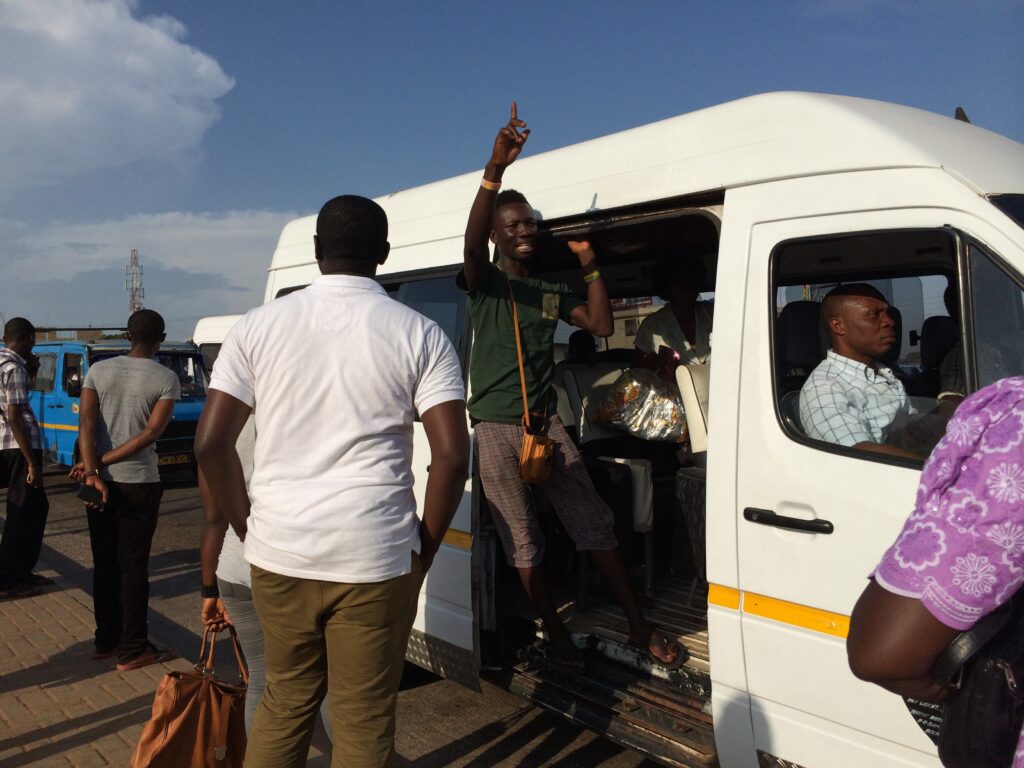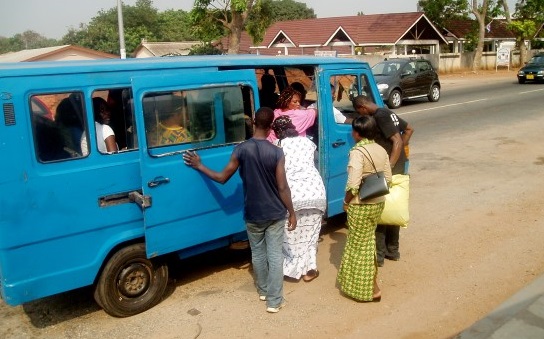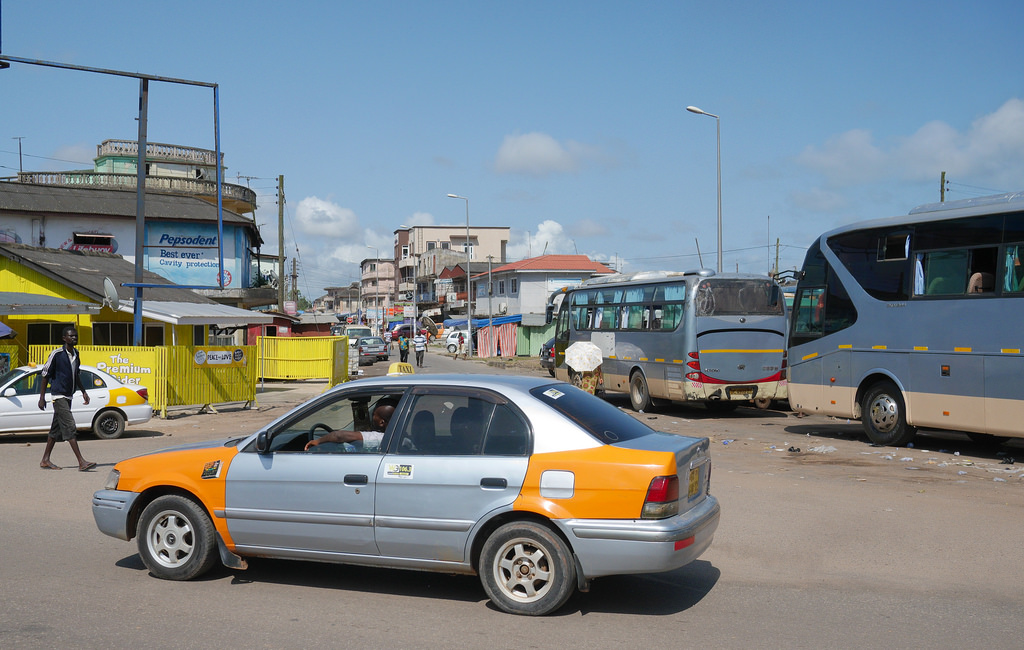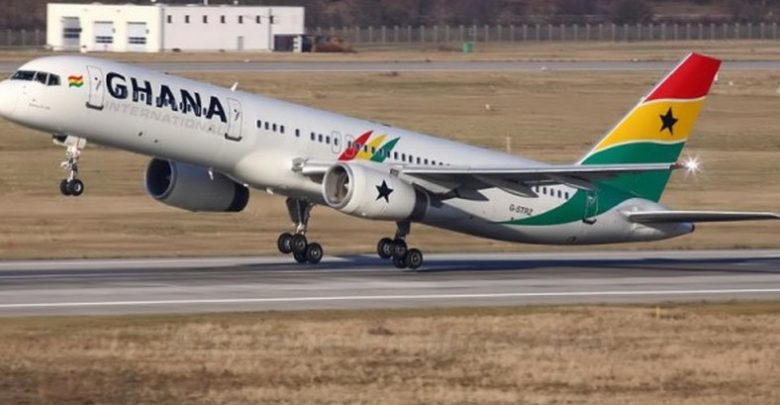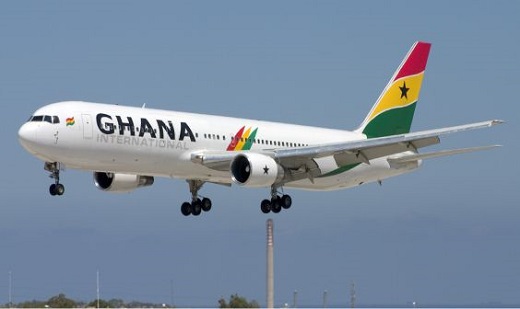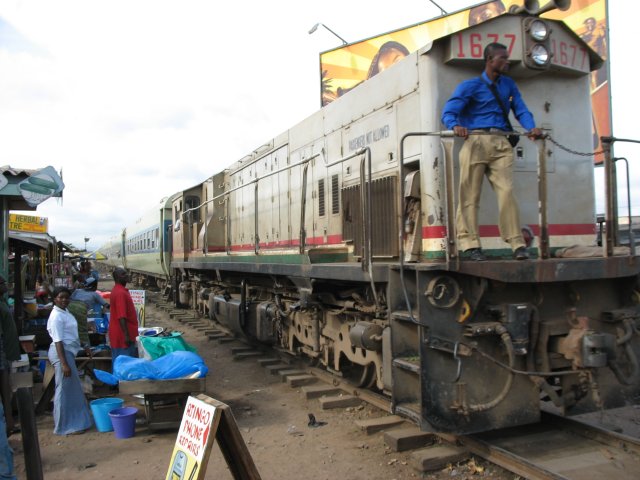Typically, transportation is carried out by road, rail, water and air. Ghana’s transportation is not an exception. The availability of ferries, trains, ships, speed boats, trucks, cars and buses, and airplanes serves as one of the economic backbones of the nation – encouraging trade. The wonderful experience of using public transport buses creates social interaction between members of diverse ethnic groups and political affiliates – sharing interesting topics and necessary information thus boosting the socioeconomic status of Ghana.
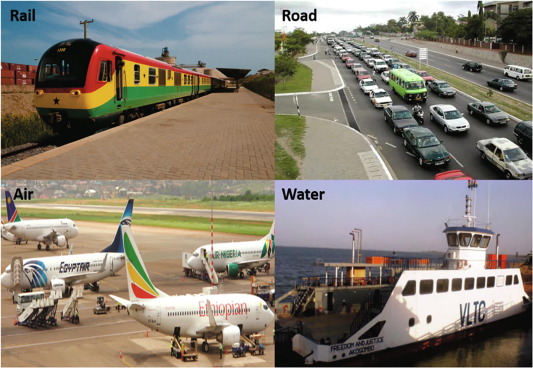
- Public Transport Buses
Alternatively, the public transport buses are normally governmental owned vehicles that link people and their businesses both in the cities and rural areas. The Ghanaian Bus Rapid Transit normally referred to as “Metro Mass Buses” come with fixed fares which are affordable for both Ghanaian and foreigners. Although the buses are not luxuriously built, the human interactions and open socialization benefits create a fantastic atmosphere within which we can obtain the latest news, the rich history of the people and economic ventures that are either explored or unexplored. These buses can be used throughout to facilitate the exchange of commodities and enable regular school attendance and fast access to health facilities in Ghana.
The luxurious built buses are private owned. For inter-regional and international transport these buses prove to be outstanding transportation systems which are safe and reliable. Their targeted routes are normally from Accra to all capital cities of the regions in Ghana. These privately owned buses come with incredible fares which are comparably better to some of the airplane’s fares. Some of the Private Transport companies are VIP, Tamale Bus Rapid Transport System, etc. These buses work throughout the week with no exceptional period of halting. Services run throughout the night to dawn, providing wonderful services such as air-conditioned buses with incredible stuffy sits and HD television usually showing local movies to sell out the incredible culture of Ghana.
2. Trotro
One of the exciting rapid mini bus systems is the “Trotro”; normally owned by private organizations or individuals. These vehicles are notable for conveying people and goods within cities, towns and to an extent rural area. Usually, these Trotros are noted to be commercial vehicles that are available to the rich and poor, the aged, young, students and workers – aiding in all forms of businesses. The fares are fixed based on the destination. The astonishing complement of this transit system is that the vehicles have numerous bus stops, thus making it a reliable way of moving around within the cities of the nation without getting lost. In addition, there are conductors who are always willing to render services like providing directions to foreigners and the indigenous because of their in-depth knowledge of area names and peculiar landmarks. Their services extent to aiding market women and men in carrying their goods to a nearby and safe place. Mostly, their interpersonal relationship skills allow sparks up interesting conversations or exchange of information.
Also, these Trotros serve as a great system for market women and men. Although it might not feel so comfortable due to the inadequate spaces and conditions of some of the vehicles, yet it is exposes foreigners to the true African transportation culture. The Trotros hold all individuals who are open minded. Here, one would get the latest gossips, socialization in a confine atmosphere, and talks about the political and economic stability of the nation. In addition, the Trotro palaver is undoubtedly a great reason for boarding these vehicles. These Trotros work throughout the week but usually, do not render services during late evenings.
3. Taxis
These vehicles come in wonderful paintings with inscriptions of hope, peace and pep talks. They are usually seen in yellow or orange (occupying the four wings of the car) and white with a taxi led board or taxi led advertising board indicating the true functionality of the vehicle or sometimes serves as an advertising board to display local company names or products. Ghanaian Taxis are very reliable; working 24/7 – rendering services throughout the week (from Monday to Sunday). The taxi drivers do avail themselves to help everyone including foreigners providing directions, political views and history of places in the cities.
Some of the taxis come with special features (air conditioners, music and TVs) which provides to both the locals and foreigners a comfortable and exquisite joy. Like the other transportation systems, the fares come into two forms: fixed taxi fares and the negotiable fares usually the “drop taxi fares”. The fixed fares are associated with taxis that have stations unlike the drop taxis. under taxis that have a station. are also fixed but the special thing about them are it is negotiable. It is allowed for all to bargain.
4. Aviation
In Ghana, airplanes transportation services are normally run by private companies whose fares are moderate for all and sundry. Typically, Ghana runs on both domestic and international airlines. The official airport is the Kotoka International Airport, the central hub for international and domestic flights. Most of the domestic airplanes move to Kumasi, Takoradi and Tamale. The flights from Accra and Tamale to Kumasi; take about six hours to get to the Ashanti-capital, and the flight are much moderate. Some of the airplanes services are star bow and Antrak. These airlines are considered reliable and do not delay.
5. Motor bikes (Street Burners)
The adventurous life on the roads of the cities is best experienced when you sit behind the motor bike riders. Motor bikes are normally seen in the northern part of the country but this transportation culture has been implanted in numerous regions especially the capital city of the nation, Accra. These way of traveling beats traffic, making it the fastest means of traveling on road within the cities of Ghana.
The exciting aspect is when one uses these transportation systems in the evening, with cool breeze befalling the skin and the experience obtained from the sight of fast rhythmic flashes of lights from other motorists and street lights. The fares are negotiable and depend on one’s bargaining power. But care must be taken because some of these bikers may lack basic knowledge on road safety.
6. Ferries and Speed Boats (Gh Cruisers and Water Taxis)
Ghana boost of all kinds of water bodies such lagoons, rivers, and lakes that act as traveling points to neighboring towns, villages and cities. Ghana’s Volta River, Ankobra River, and Tano River provide an excellent water adventurous experience. The well – known ferry station is the one located on the Volta Lake; handled by Volta Lake Transport Company Limited (VLTC). The ferry serve as a transportation means to convey traders and tourists from one geographical location (within Volta Region) to other places. In addition, there are water taxis (fast and reliable) that attends to the needs of tourists; helping in touring the Volta Lake.
Ghana is also rich in the mass natural built inland waters that can be explored using canoes (usually a light -weight narrow boat curved from trees with big trunks). Some of these canoes are either propelled by outboard motors or paddles (using paddled by the owners of the canoe or workers). But is exciting if one is involved in helping propel the canoe to the expected destination. Ghana is uniquely identified by one of the best sea ports located in Tema and Sekondi – Takoradi; Tema Harbor (located in the Greater Accra Region) and Sekondi – Takoradi Harbor (Western Region) respectively. They are both located in the southern regions of Ghana.
7. Railway
The Ghana railway network is a developing transportation system that occupies a total rail itinerary length and rail track length of 947 km and 1300 km, incorporating rail lines that do not extent to neighboring countries. The railways are limited to the southern parts of the country; usually linking Greater Accra to the Central Region and Western Region. The trains that ply the railways are normally painted in the Ghanaian colors (red, gold and green). Although, there are plans to restore the railway transportation system, yet some of these trains come with excellent services. The trains cars usually house cargoes and people.
